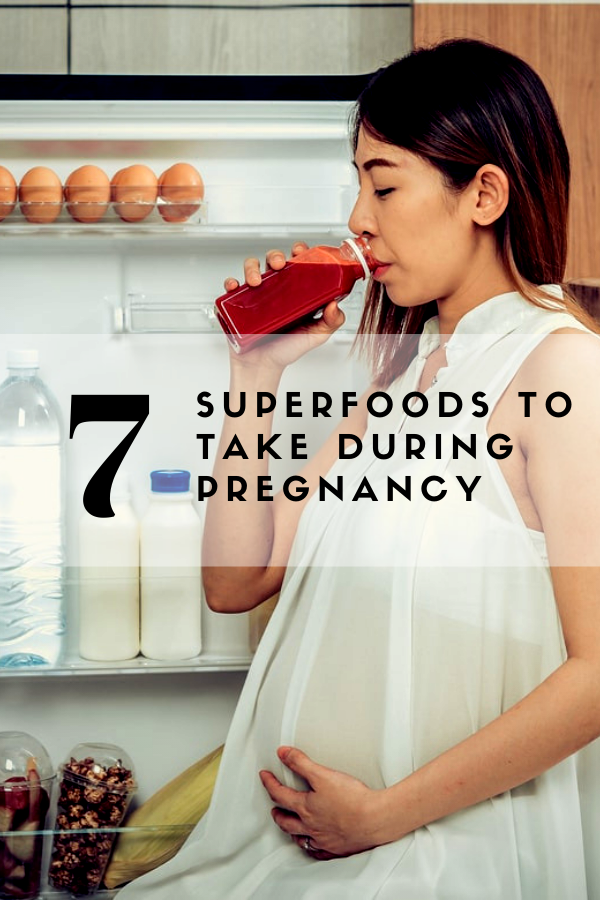
Congratulations! You’re expecting a baby. Now’s a good time to take a good look at your eating habits, because you’re eating for more than just yourself, and that’s a big responsibility. Think of your body as a car that needs a constant source of fuel. Your baby is the same way.
You certainly don’t want to be running out of fuel, and with your baby, you need to “fill up your tank” a little more often with the best quality fuel you can get. Your “fuel” not only keeps you going, it keeps your baby growing. You use nutrition to keep up your energy levels, and your baby needs nutrition to grow brand new organs, bones and brain tissue.
Now it’s more important than ever to give your baby the best start possible.
It’s a good idea to eat five or six small meals throughout your day. That will help keep your energy levels at a constant, instead of the roller coaster of energy and fatigue that larger meals can trigger. It also helps to remember that, although you’re eating for more than just yourself, you’re not really eating for two.
Think about eating about 10 percent more than you would usually, so you’re eating for 1.10 people. Your best choices are going to be natural, unprocessed foods – lots of whole grains, fresh fruits and vegetables, and high quality proteins.
However, there are some foods that are especially packed with nutrition – we call them “superfoods.” Superfoods have the protein your baby will need to build muscles and calcium for good bone development.
For example, folic acid can protect your baby from birth defects, and help build red blood cells to bring oxygen to your baby during pregnancy. Let’s take a look at some of these food powerhouses.
Chia Seeds
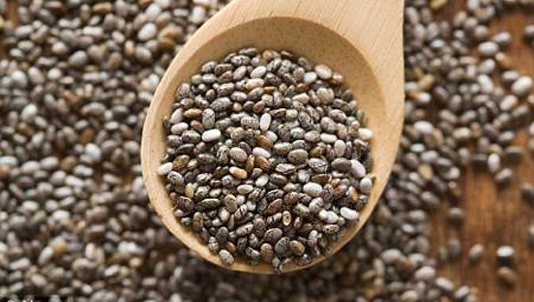
Looking to keep pregnancy depression to a minimum? Chia seeds can help. This grain is rich in fiber and omega-3 fats, and help regulate the rate that sugar is absorbed. This can help your baby grow with a more regular level of blood sugar. You can mix chia seeds in your yogurt or sprinkle them on salads or cereal.
Hemp
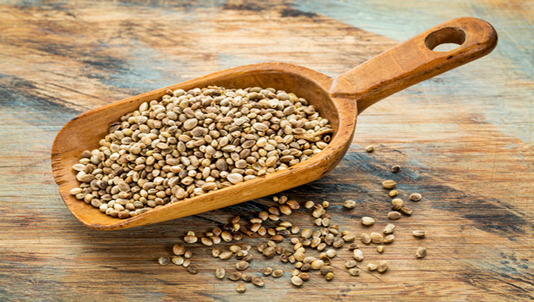
Hemp Protein is important to help your baby grow. There are a number of excellent protein powders available as supplements, and I recommend hemp protein. It’s a great source of omega 3 fats, it provides complete amino acids, and contains good amounts of zinc, iron, and magnesium.
I also recommend it because very few people are allergic to hemp. Soy or whey protein, on the other hand, often cause symptoms of intolerance or allergic reactions. You can make a quick and easy meal replacement by mixing hemp protein with almond milk or orange juice, or combining it with fruits and other ingredients to make a smoothie.
Beans
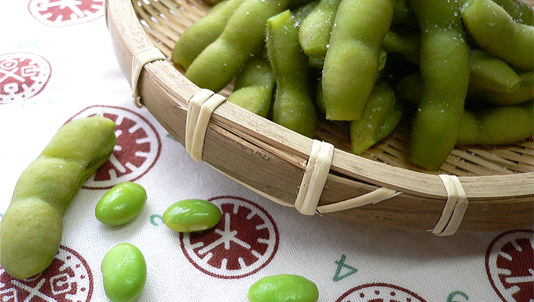
Beans are a great source of protein and fiber, in addition to folate, iron, zinc, and calcium. You have a great variety to choose from: black, white, pinto, kidney, garbanzo, or soy beans, as well as lentils and black-eyed peas. You can make chili or add beans to pasta, soups, and salads.
Dried Apricots
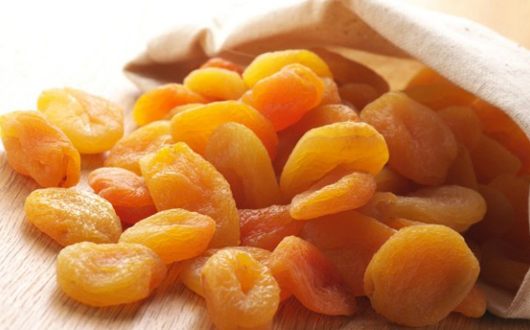
Here’s a delicious snack with hidden benefits. A handful gives you 10% of your daily iron requirement, and contains folic acid, potassium, calcium and magnesium. And later in your pregnancy, you may come to appreciate how regular they will keep you.
Bananas

The potassium in bananas can help reduce fluid retention, and they contain tryptophan which helps to promote sleep. This is a delicious, energy-boosting snack that’s easy to take along when you’re on the go – it comes in its own wrapping!
Broccoli
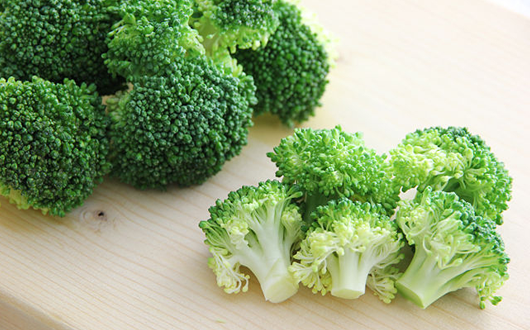
Here’s a green delight with a bunch of benefits. It contains calcium, fiber, folate, lutein, carotenoids, and zeaxanthin, that help foster healthy vision. It’s another good source of potassium that helps maintain fluid balance and promote normal blood pressure. Broccoli also helps with the production of vitamin A in the body by delivering a dose of the necessary raw materials.
Eggs

Eggs are a great source of protein. They provide your body all of the amino acids and over 12 vitamins and minerals, such as lutein, choline, and zeaxanthin. Eggs that are marked as “Omega-3 eggs” or “DHA eggs%E

Enjoyed 7 Superfoods to Take During Pregnancy? Share it with your friends so they too can follow the Superfoodsliving journey.
Share on Pinterest
